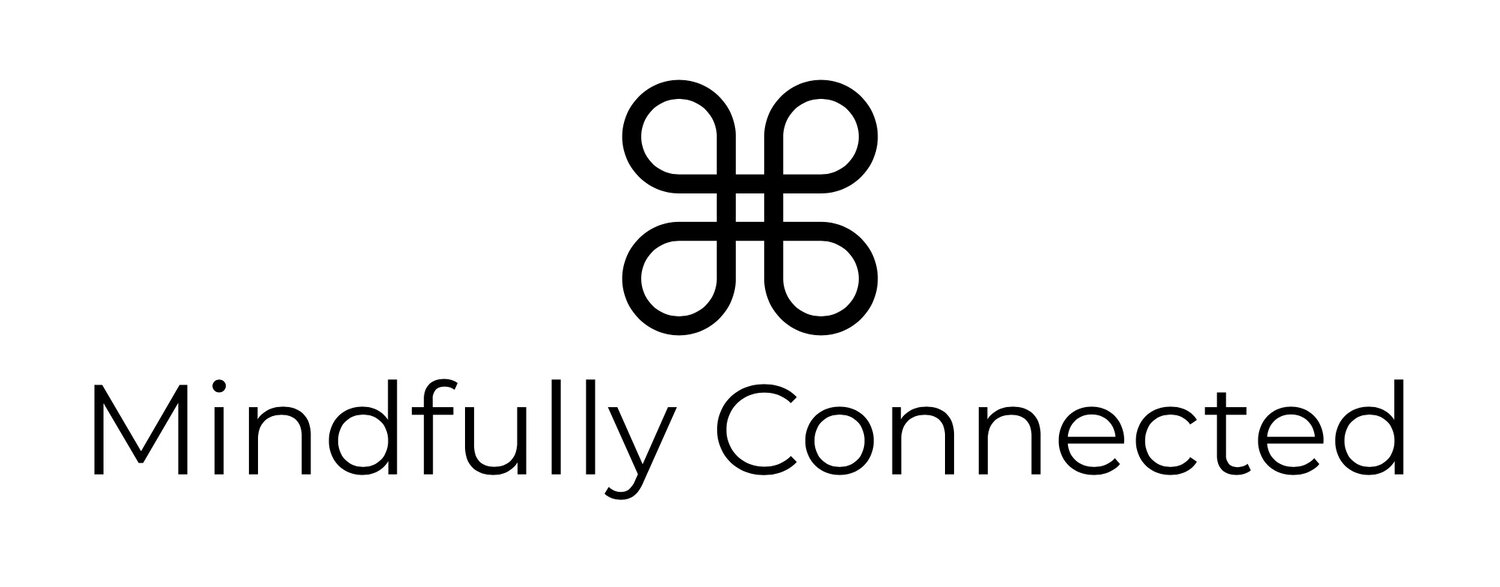Sleep It Off
Sleep It Off
By, Donna Daacke
Everyone's sleep requirements are different. Some of us need to sleep longer than others. So many factors can play into the quality and our need for sleep. You're likely not getting enough rest if you are awake often throughout the night or feeling sleep deprived during the day. And while you may have a sleep disorder such as sleep apnea or another health-related sleeping problem that may require some further investigation, there are things we can do wind down into this very welcomed phase of our day.
The quality of our day is naturally affected by the quality of rest we had the night before. It is also true that the condition of our day can affect how we sleep. Letting go so that we may slumber better can be a challenge. Emotional wounds can feel much like physical pain, and slowing down the anxiety and thoughts enough to rest adequately at night can be very difficult. Practicing mindfulness-based stress reduction teaches us to let go of the pain from the past more easily. Although we don't let go of the memories, we learn to accept them and not allow them to steal from the quality of our lives in the present.
Isn't it interesting how we experience one of life's pleasure while we are more or less unconscious? I once heard it said that our physical bodies only really require a solid four hours of sleep at night, and the additional time we are plugged in doing soul work…..intriguing thought. Rest is for sure, a reboot of sorts and our bodies on a physical level are working hard to heal and restore during our shut down. Sleep experts do say that we can all improve our sleep by acquiring better sleep hygiene.
One powerful tip that can help create shift while awake for managing stress and anxiety, providing better capacity for a more restful sleep, is HearthMath's (Heart Focused Breathing). HFB has been a good one for me, and what makes it great is that you can practice it at night also to assist you in falling asleep. And if you wake up often, it's a practice you can call on to help you dose back off. The regular exercise of this simple technique can help you build your personal resilience.
Sleep Tight,
Donna XO
Heart-Focused Breathing Technique
Focus your attention in the area of the heart. Imagine your breath is flowing in and out of your heart or chest area, breathing a little slower and deeper than usual. Find an easy rhythm that's comfortable.
Below I've listed some tips for better sleep hygiene and more restful slumber.
1. Create a calming bedtime routine. Wind down your busy day with a calming bath or shower, imagine washing the working day right off of you using your imagination to watch it go right down the drain with the water.
2. Have a caffeine curfew. Caffeine will linger in the body for roughly 8 hours, so be strategic with when you cut yourself off from those caffeinated drinks. Also, watch the liquids being consumed just before bed.Â
3. Create a restful sanctuary. Be aware of the room temperature, too warm or too cold temperatures can lead to restlessness and can affect the quality of Rapid Eye Movement (REM). Invest in a comfortable mattress, linens, pillow, and comforter. Place a house plant within your bedroom to improve the air quality. Make sure to block out any light and noise.
4. Turn off the electronics well before you plan to sleep, they can keep your brain alert, suppress melatonin levels, and wake you up.
5. Try getting to bed at the same time each night and waking up at the same time, creating a sleep schedule that your body rhythms adjust to. It is said that for the optimal flow of the energy body, getting to sleep by 11ish is helpful.
6. Apply essential oils for calming and inducing relaxation. Add them to a diffuser, to your wrist, or bath. The following are all great sleepy time oils for calming and soothing.
Lavender
Chamomile
Ylang-ylang
Sweet orange
Cedarwood
Jasmine
Neroli
Sandalwood
Vanilla
7. Limit alcohol intake before bed. Studies have found that alcohol consumption at night decreased the natural nighttime elevations (HGH), which plays a role in your circadian rhythm. Late-night eating may negatively impact both sleep quality and the natural release of HGH and melatonin also.
8. Exercise during the day.
In people with severe insomnia, exercise offered more benefits than most drugs. Exercise reduces the time it takes to fall asleep. Done during the day can lower the cortisol levels and alleviate stress making it easier to fall asleep. However, performing it too late in the day may cause sleep problems.
9. Tracing the triple warmer meridian backward. The triple warmer meridian governs the fight or flight mode within our energy system. It can be helpful to trace it in reverse to slow down the energy movement for a calming effect. Follow the illustration below, starting at the star at the temple portion to trace it backward. I like this one, especially when you wake up with the monkey brain during the night.
10. Calm The Monkey Brain with either a guided meditation from one of the many free guided meditation apps. insight timer is one that I like
(https://insighttimer.com ) or try some binaural beats for sleep
( https://www.geeksgyaan.com/2019/11/binaural-beats-apps.html )
For tip # 9 trace triple warmer meridian backwards starting at the temple.

